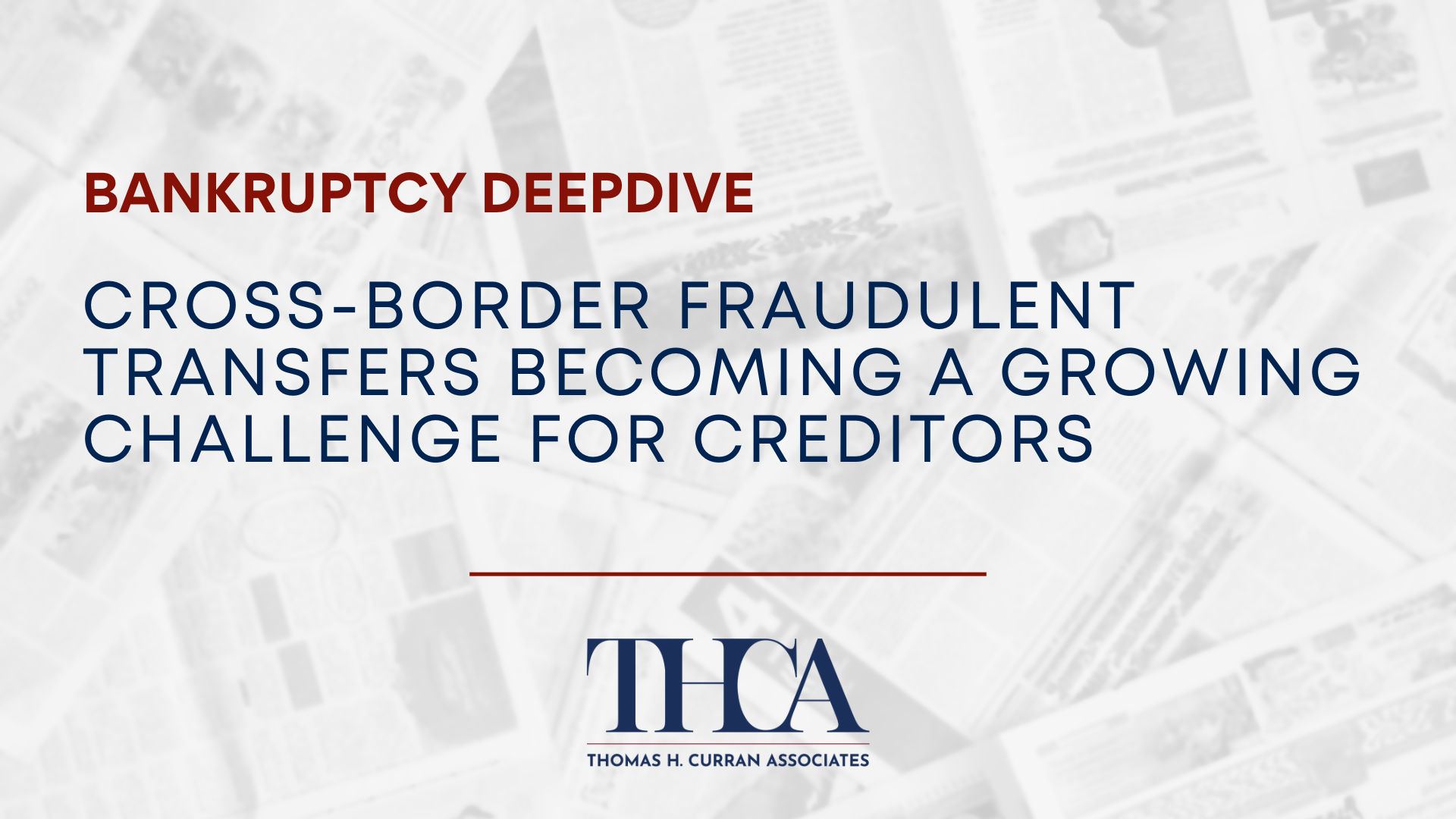As global business grows more interconnected, U.S. creditors increasingly face difficulties recovering assets moved offshore before bankruptcy.
In 2025, courts are handling more cases involving cross-border fraudulent transfers – where companies transfer assets to overseas affiliates, family members abroad, or offshore trusts to shield them from creditors.
A recent Delaware Bankruptcy Court decision highlights these challenges and emphasizes the importance of international cooperation in insolvency proceedings. In In re Crédito Real, S.A.B. de C.V., SOFOM, E.N.R., the court addressed whether it could enforce nonconsensual third-party releases approved in a Mexican restructuring plan. Despite the Supreme Court’s Purdue Pharma ruling, which limited similar releases in Chapter 11 cases, the Delaware court held that Chapter 15 allows U.S. courts to enforce such provisions if they originate from a fair foreign proceeding. The Delaware Bankruptcy Court found that the Mexican Prepack Proceeding was procedurally sound, provided due process to creditors, and was consistent with Mexican law. It emphasized that coherence and international cooperation are central to Chapter 15, affirming that nothing in the statute or legislative history prohibits U.S. courts from respecting foreign orders under these circumstances.
This decision emphasizes the growing interplay between U.S. and foreign insolvency systems and signals that U.S. courts will defer to foreign proceedings that meet standards of fairness, even when relief granted abroad would be controversial domestically.
For creditors, this means acting quickly and strategically, especially in cases involving global assets. Trustees and creditors should expect to see increased cooperation between the U.S. and international courts.
THCA Law advises clients in high-stake cross-border fraudulent transfer cases, helping creditors trace and recover assets worldwide.
For more information, please contact us at +1 (617) 207-8670 or visit https://thcalaw.com/contact/

